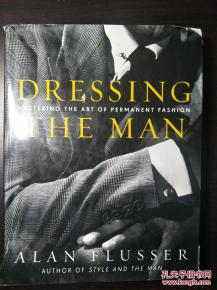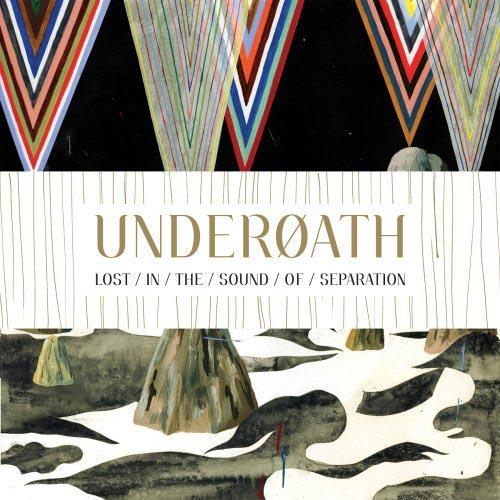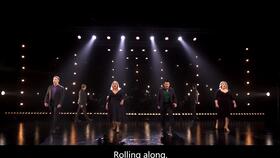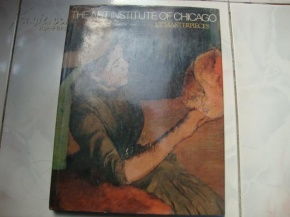In the serene world of angling, there's a fine line between a hobby and a profession. For those who aspire to elevate their fishing skills to a professional level, the journey requires dedication, practice, and a deep understanding of the craft. Whether you're an aspiring professional angler or simply looking to improve your fishing prowess, here's a comprehensive guide on how to learn professional fishing techniques.
Start with the Basics
Before diving into the advanced techniques, it's crucial to master the fundamentals. This includes understanding the basic equipment, such as rods, reels, lines, hooks, and lures. Familiarize yourself with the different types of fish you want to catch and the best methods for attracting them. Here are some essential steps to begin your journey:
- Choose the Right Gear: Invest in quality equipment that suits your fishing style and the species you're targeting. Research the best rods, reels, and lines for your specific needs.
- Learn to Cast: The ability to cast accurately is fundamental to successful fishing. Practice different casting techniques, such as the overhead cast, sidearm cast, and roll cast, to improve your accuracy and distance.
- Understand the Water: Study the behavior of fish in different water conditions. Learn about currents, water temperatures, and the types of habitats they prefer.
Study the Species
To become a proficient angler, you need to understand the habits and preferences of the fish you're targeting. Here's how to delve deeper into the world of fish:
- Research Fish Behavior: Learn about the feeding patterns, migration routes, and spawning habits of the fish you're interested in catching.
- Observe the Water: Spend time watching the water for signs of fish activity. Look for bubbles, ripples, or fish rising to the surface.
- Understand the Environment: Learn about the specific water bodies you fish in, including their geographical features, vegetation, and other factors that influence fish behavior.
Learn from Experts
One of the fastest ways to improve your fishing skills is to learn from experienced anglers. Here are some ways to gain knowledge from the pros:
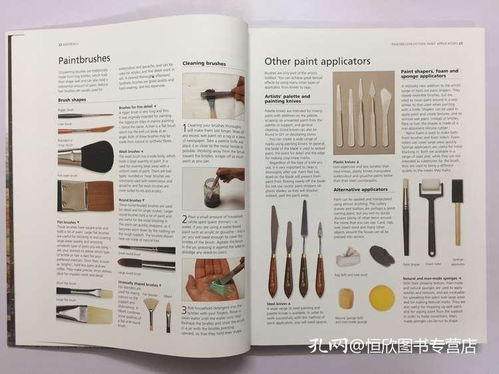
- Take Lessons: Enroll in a fishing clinic or workshop led by a professional angler. These sessions can provide hands-on experience and personalized advice.
- Join a Club: Join a local fishing club or community. You'll meet like-minded individuals who can share tips, tricks, and stories from their own experiences.
- Watch Tutorials: Utilize online resources such as YouTube tutorials, podcasts, and fishing forums. These platforms offer a wealth of information and can help you learn new techniques and strategies.
Practice Regularly
Like any skill, fishing requires consistent practice. Here's how to incorporate regular practice into your routine:
- Set Goals: Establish clear, achievable goals for your fishing skills. This could include mastering a new technique, catching a specific species, or improving your casting distance.
- Keep a Journal: Document your fishing trips. Note the techniques that worked well and those that didn't. This will help you analyze your progress and make adjustments.
- Fish in Different Conditions: Practice fishing in various weather conditions and water levels. This will help you become adaptable and versatile as an angler.
Develop a Strong Ethical Foundation
Professional fishing is not just about catching fish; it's also about respecting the environment and practicing ethical angling. Here are some key principles to adhere to:
- Follow Regulations: Abide by local fishing regulations, including size limits, bag limits, and seasonal restrictions.
- Be a Conservationist: Practice catch-and-release whenever possible, especially with endangered or threatened species.
- Respect Nature: Leave no trace of your presence at the fishing spot. Be mindful of your impact on the environment and other anglers.
Conclusion
Learning professional fishing techniques is a journey that requires patience, persistence, and a genuine love for the sport. By starting with the basics, studying the species, learning from experts, practicing regularly, and developing an ethical approach, you'll be well on your way to becoming a skilled angler. Whether you aspire to fish professionally or simply want to enjoy the hobby to its fullest, the rewards are immeasurable. Happy fishing!

